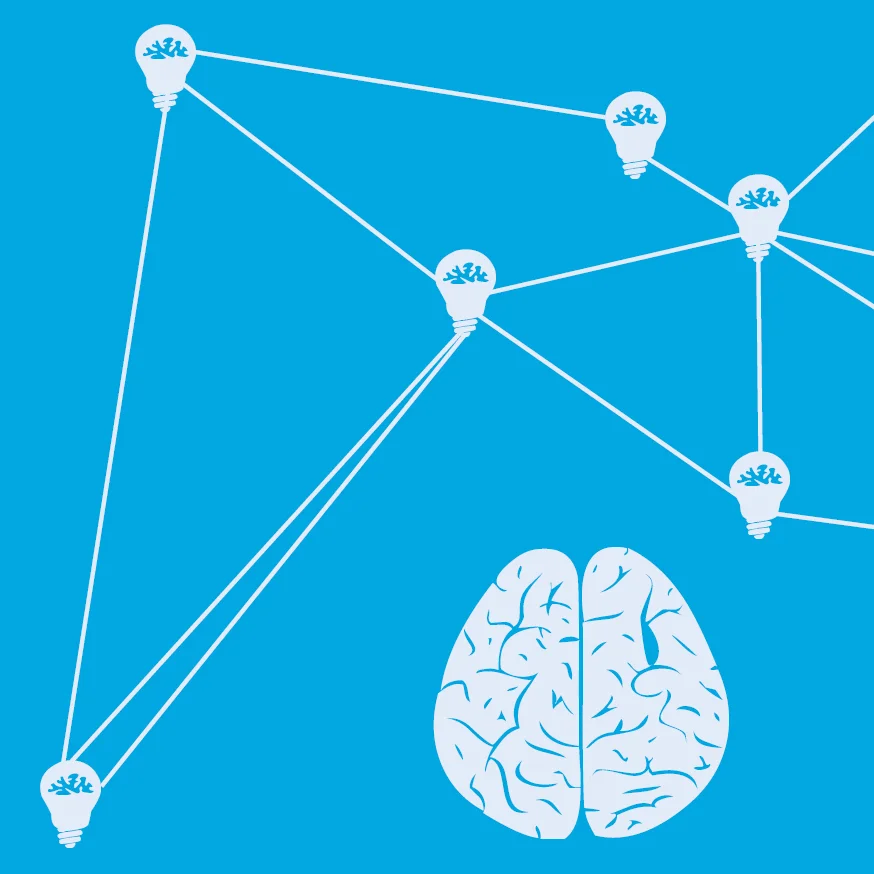Meredith Edelman argues that ‘morally bankrupt’ corporations should face the possibility of a corporate ‘death penalty’ and having their shares redistributed among the victims of their crimes. Her post explains how this may help in corporate accountability.
Read MoreSue Webeck, manager of The Australian National University’s (ANU) newly set-up Respectful Relationships Unit, describes the university’s approach in responding to the issues raised in the Human Right’s Commission’s ‘Change the Course Report: National Report on Sexual Assault and Sexual Harassment at Australian Universities’ in 2017, and the challenges involved in creating systemic change while responding to the ongoing needs of survivors.
Read MoreOlder Aboriginal Australians are considered one of the most vulnerable populations in the country as they are at greater risks for multiple chronic diseases while being less able to access culturally appropriate care.
In this post from The Conversation, Neuroscience Research Australia’s Tony Broe believes that an effective Indigenous aged care model must facilitate greater family and community involvement to improve the health outcomes of older Aboriginal Australians.
Read MoreAboriginal and Torres Strait Islander peoples occupy a unique position as the first sovereign peoples of Australia. And while governments have been striving to improve their relationships with as well as their abilities to represent and provide services to Indigenous Australians, there is still a long way to go.
In this post, the Australia and New Zealand School of Government’s (ANZSOG) Aurora Milroy discusses why Indigenous values and culture should be embedded in the Australian Public Service (APS), and outlines practical solutions for helping the Commonwealth begin to reset its relationship with Indigenous peoples.
Read MoreMaiy Azize explains the important lessons of Anglicare Australia ‘s recent study of attitudes towards welfare and poverty for how anti-poverty advocates can use language effectively. Boldly stating our support for all people in poverty, as well as focussing on their strength and resilience are two key recommendations.
Read MoreIn the wake of the election results, Millie Rooney (Australia reMADE) describes how a united and inspiring vision for what Australia could be can help us work together across and around difference to create ‘the best version of us’.
Read MoreGrattan Institute’s Stephen Duckett and Matt Cowgill unpack a glaring gap in Australia’s public health system: universal access to dental care.
Read MoreThe University of Queensland’s Romy Listo reports on the United Nations 63rd Commission on the Status of Women held 11-23 March in New York. She draws attention to the commitment on Comprehensive Sexuality Education (CSE) which is supported by Australian delegates. Despite support for these commitments by the Federal Government, in practice the actual implementation of CSE by Australian states and territories does not meet the inclusive and expansive ideals being championed. Investment and strategies are needed to bring the right to CSE into Australian classrooms.
Read MoreDoes art have the power to persuade? You bet! In a slightly left-of-field blog entry for P2P, today’s post features a piece by Sasha Grishin, Adjunct Professor of Art History, Australian National University that originally appeared in the Conversation. In it, Sasha reviews an exhibition of work by prolific Australian artist Ben Quilty that invites important questions about the role of art in bringing compassion to the front of national debate.
Read MoreImagine getting turned away for not having a broken-enough leg. There would be complete outrage, but yet for people with eating disorders this is happening on a day to day basis. People are turned away for not being “sick” enough. We know a healthy BMI is 18.5 or above but yet some places in the UK are turning people away if their BMI is about 14! In this post, Hope Virgo (the Author of Stand Tall Little Girl and Mental Health Campaigner) shares her experience and talks about her #DumpTheScales campaign.
Read MoreEffective climate change action needs a lot of money. However, in the Pacific it is not just about delivering dollars. Kirsty Anantharajah gives us three key problems with global climate financing approaches, and offers three possible pathways out.
Read MoreThe NDIS has failed to live up to expectations in many areas, none more so than disability employment. In a blunt and honest piece, long-term disability employment advocate Jeff Thompson from LEAD tell us why jobs are so important, and three things that would lead to an employment friendly NDIS.
Read MoreChildcare policy is always fraught, because so many people want it to be better, but everyone has their own ideas about what is needed. Yarrow Andrew, who worked for 15 years in long day childcare as an educator, before beginning a research career investigating early childhood education gives us some ideas about how to reform the sector.
Read MoreSensationalising youth crimes for political gain has been a mantra for politicians. Case in point, the recently conducted elections in Victoria where politicians of all stripes ensured gang violence was an election issue. But given that it is an election year for New South Wales, the lack of political and media voice surrounding law and order is deafening. Today’s blog contributor Dr. Elaine Fishwick (@elbowlass) tackles this issue (or lack thereof) locating it in larger worldwide trends and unravelling the present ‘policy moment’ we find ourselves in. Elaine is an academic scholar researching issues relating to human rights, social justice, access to justice, criminology, youth justice and public policy.
Read MoreVanamali Hermans, Wiradjuri woman with a lived experience of disability, explains why it has been so difficult for Aboriginal and Torres Strait Islanders, to benefit from the National Disability Insurance Scheme
Read MoreA scathing critique of the NSW government's push for the adoption of children in out-of-home care and a call for positive alternatives from Sharynne Hamilton, Ngunnawal woman and UWA doctoral candidate.
Read MoreAnna Chang, Director of Communications at The Australia Institute, dissects the new campaign No New Coal Mines.
Read MoreIf you can’t quite get a grip on co-production, you’re not alone. Much of the literature dating back as far as 1984 suggests that it’s something of a greased pig and that efforts to define it end up like a policy pig scramble. Is it democratic citizen involvement public services? Is it individual, ‘responsibilised’ health and social care consumerism? Is it power shifting to communities through participatory governance? Some authors have said that ‘neither on the level of interactions between organisations nor on the level of servicing users, has co-production a fixed meaning’ and others have noted its ‘excessive elasticity.’ Perhaps it’s the ultimate post-modern policy concept. Dr Sarah Carr of the Institute for Mental Health at the University of Birmingham asks can it work for mental health?
Read MoreLiz Sayce - Joseph Rowntree Research Fellow in Practice at the LSE International Inequalities Institute and former Chief Executive of Disability Rights UK - explores tensions in campaigning for rights to work and rights to social protection for people with disabilities and calls for patterns of campaigning and influencing to change to avoid different groups working at cross-purposes. This post was originally published on the LSE Equity, Diversity and Inclusion blog.
Read More












